
Veda N. Giri, MD, outlines practical ways to improve prostate cancer genetic testing uptake and impact.

Veda N. Giri, MD, outlines practical ways to improve prostate cancer genetic testing uptake and impact.

Veda N. Giri, MD, shares key findings from the PROGRESS Registry, which evaluated patient-reported outcomes with prostate cancer genetic testing.

Fed Ghali, MD, discusses the phase 2 CONSOLIdaTE-01 trial, assessing the role for consolidative local therapy following disease control on EV/P.

Fed Ghali, MD, highlights simulated outcomes of the EV-302 trial when adjusting for use of maintenance avelumab in the control arm.

Patients with GG1 disease and a high genomic classifier score had a significantly higher risk of disease progression.

Fed Ghali, MD, discusses the potential opportunity to de-escalate therapy in patients receiving perioperative EV/pembro.
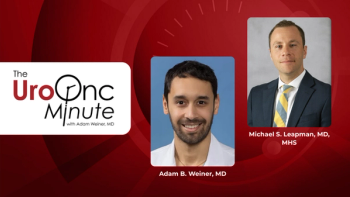
In this episode, Adam Weiner, MD, and Michael Leapman, MD, discuss the current state of active surveillance for intermediate-risk prostate cancer.
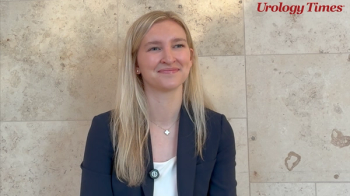
Ellen Cahill, MD, discusses a recent study on testosterone usage among men interested in fertility.

Veda N. Giri, MD, outlines alternative care delivery models that could help improve access to genetic testing for prostate cancer.
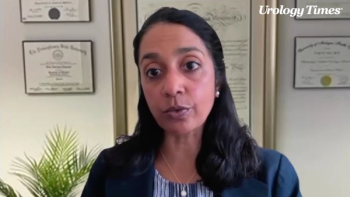
Veda N. Giri, MD, outlines some of the key barriers to genetic testing in prostate cancer.
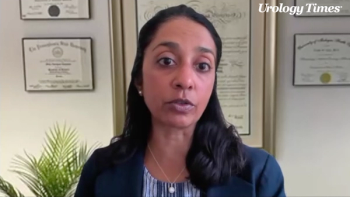
Veda Giri, MD, outlines points of consensus and areas of disagreement across national and international guideline recommendations for germline testing in prostate cancer.

Veda Giri, MD, highlights her recent review publication on the current state of germline testing in prostate cancer.

The trial has enrolled 201 patients with localized prostate cancer to date.

Published OPTIMUM Trial results compares high-resolution micro-ultrasound with MRI when considering prostate biopsy.

“What we hope overall is that this is a biological study that might inform therapeutic development for this disease,” says David A. Braun, MD, PhD.
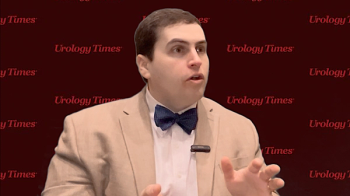
"I think this is the next step for testing the clinical activity of this agent," says David A. Braun, MD, PhD.
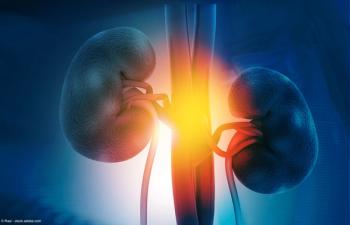
At a median follow-up of 40.2 months post-surgery, no patients had experienced a disease recurrence.

“If patients are not experiencing a clear clinical benefit for chemotherapy prior to surgery, we need to be really thoughtful about how we use it,” says Fed Ghali, MD.

“It's hard for us, based on our evidence here, to say that neoadjuvant chemotherapy is causal in any way or is resulting in prolonged survival,” says Fed Ghali, MD.
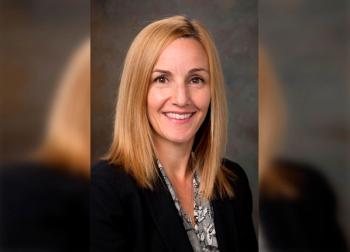
"I hope this achievement serves as a positive example for young women...of what we can accomplish together!" says Leslie M. Rickey, MD, MPH.
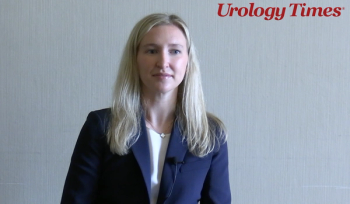
"I think it would be really nice if we did have standardized guidelines on who could serve as a chaperone," says Ellen Cahill, MD.

"I think it requires the adequate staff, and then also the development of a practice pattern for how chaperones are used," says Ellen Cahill, MD.

"There are no formal guidelines on whether chaperone use is recommended or is mandatory," says Ellen Cahill, MD.
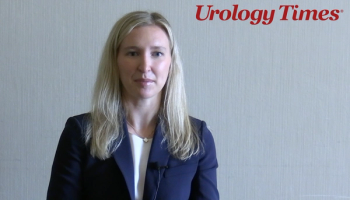
"What we found is that costs have really dramatically decreased year by year for all 3 medications," says Ellen Cahill, MD.

On Cox regression analysis, glycoproteins were predictive of PFS response to nivolumab plus cabozantinib vs sunitinib (P < .01).
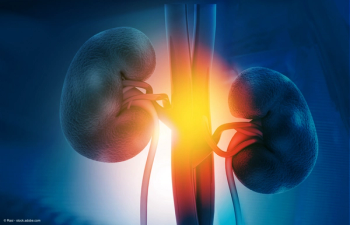
"Overall, we found that patients with recurrent RCC following adjuvant IO continued to have responses to different types of first-line systemic therapy," says Talal El Zarif, MD.

“It’s important to realize that a single TikTok post can reach tens of thousands of people and potentially influence health care decisions," says Leslie Rickey, MD, MPH.

"The scale of that linkage and the manner with which we were able to do it is really exciting and opens the door for a lot of future discovery," says Michael S. Leapman, MD, MHS.

For the third consecutive year, Yale Medicine Urology, in connection with Yale New Haven Hospital, has been ranked nationally on U.S. News & World Report’s “Best Hospitals Adult Specialty” list.

"This information, and future expansions of this work could help refine the ways in which key clinical decisions are made..." says Michael S. Leapman, MD, MHS.